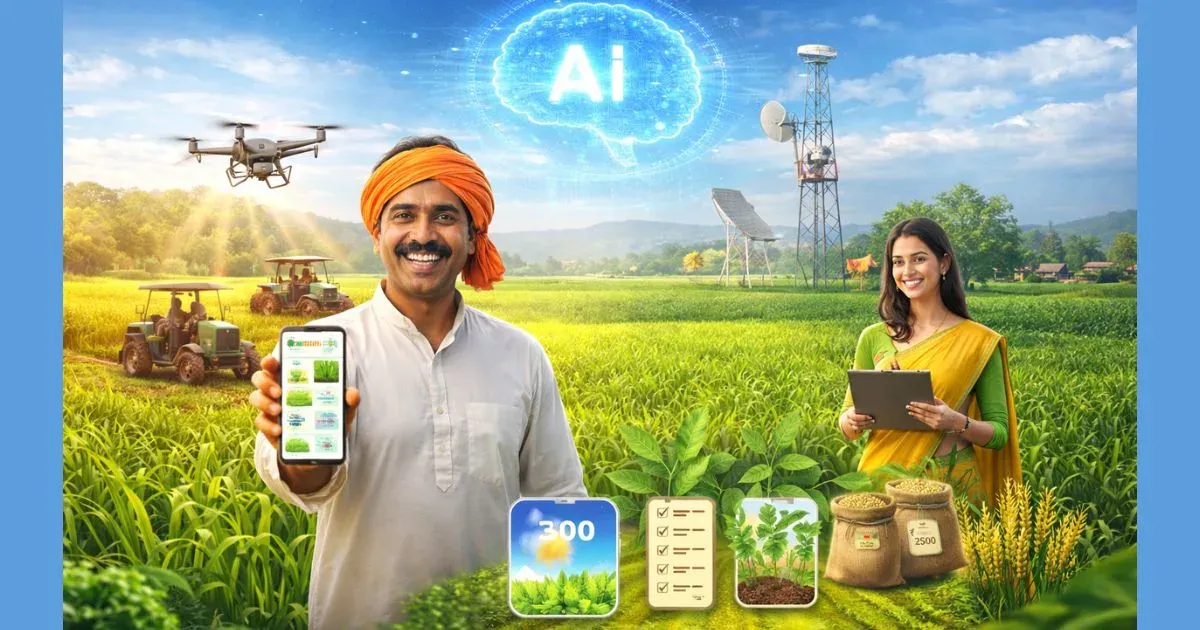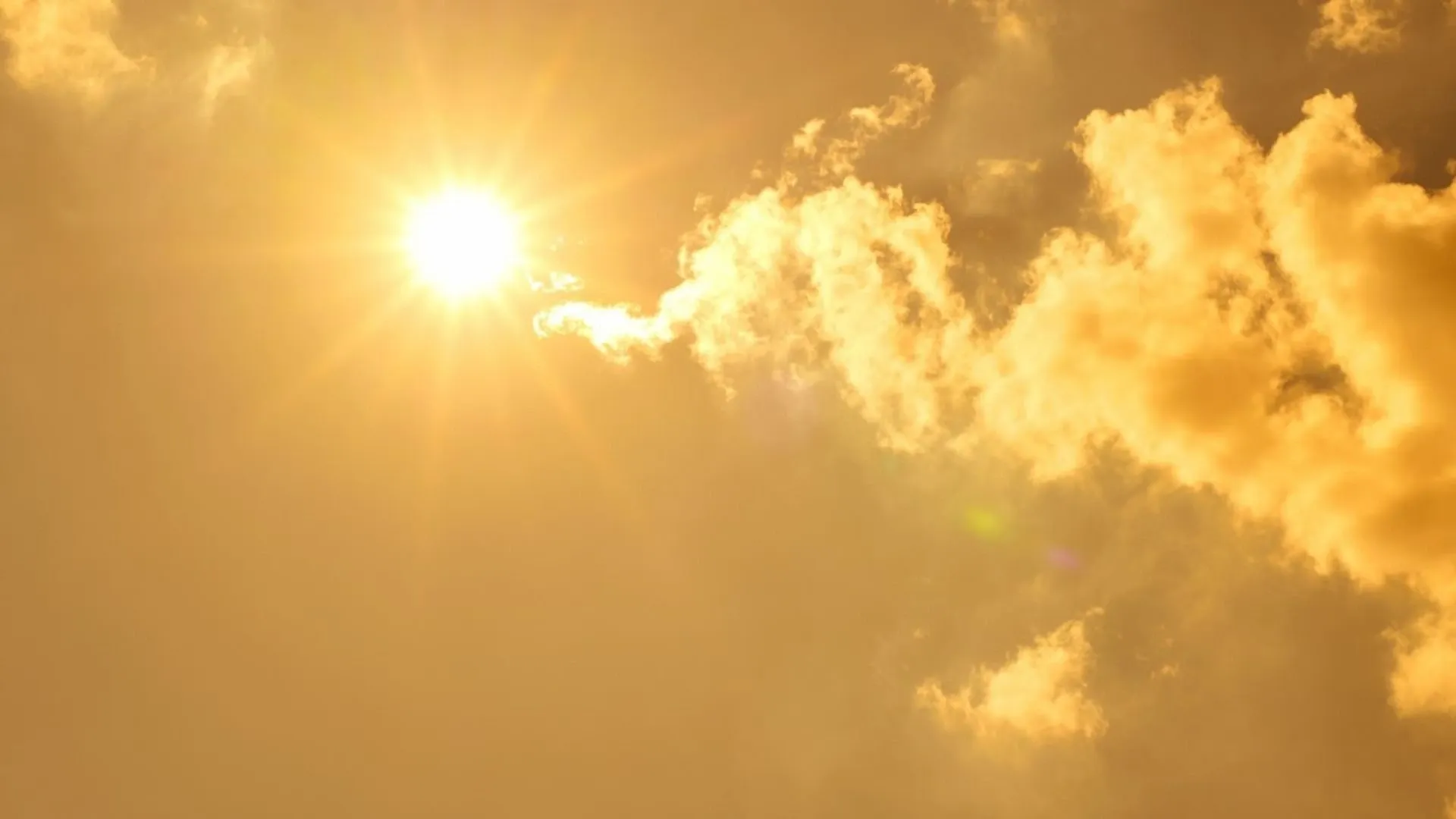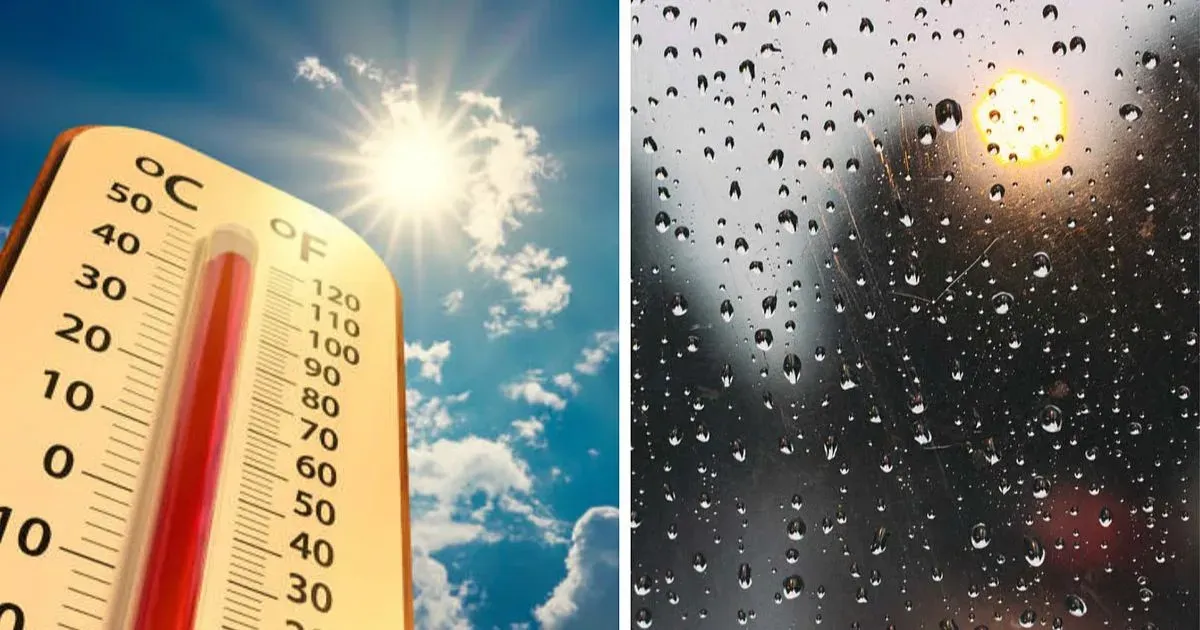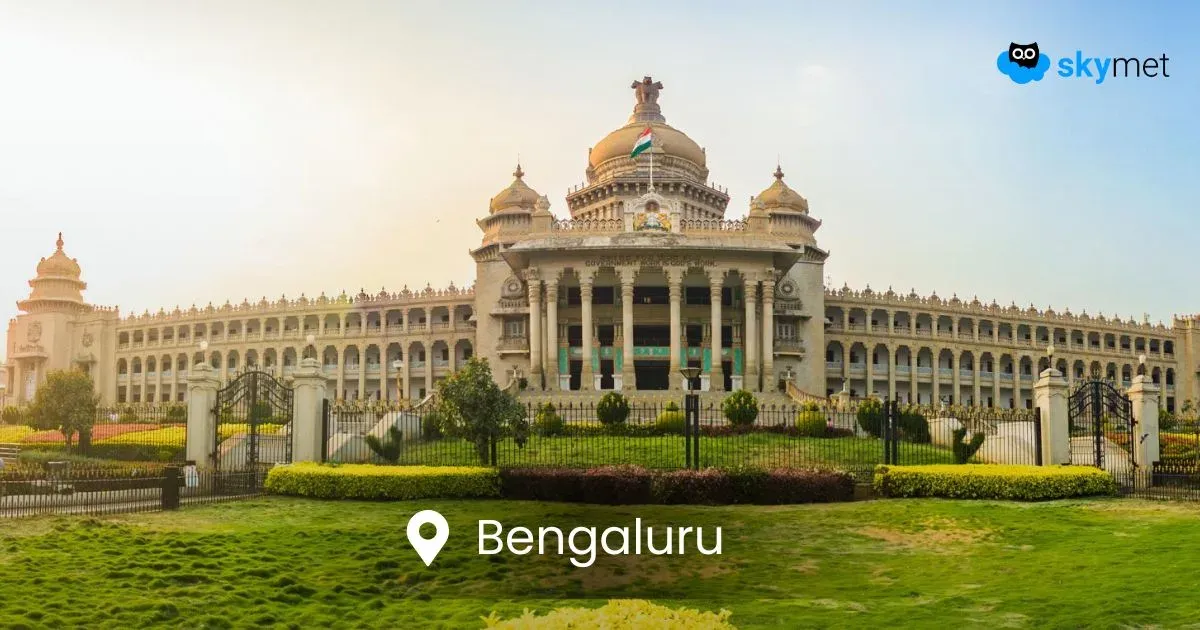 The World Meteorological Organization (WMO) came into being in 1873 as the successor of the International Meteorological Organization (IMO). Its basic aim is to provide member countries the meteorological and hydrological services to protect life and property from natural disasters like Cyclones, droughts, earthquakes & floods. It also aims to protect the environment from pollution for sustainable development.
The World Meteorological Organization (WMO) came into being in 1873 as the successor of the International Meteorological Organization (IMO). Its basic aim is to provide member countries the meteorological and hydrological services to protect life and property from natural disasters like Cyclones, droughts, earthquakes & floods. It also aims to protect the environment from pollution for sustainable development.
World Meteorological Day is commemorated on 23 March every year because in the year 1950 the convention establishing WMO came into force. Every year, the WMO day is celebrated with focus on a theme of topical interest. The theme of 2015 is,Climate knowledge for climate action, which is current, relevant & pertinent.
Climate change affects everyone. It pervades almost all spheres of life, be it socioeconomic sectors, agriculture, tourism, & health. Its impact is seen on vital resources like water, food, & energy. If these resources are not well conserved, steady development would not be possible. Hence, definite and decisive action is the need of the hour.
Data on weather and climate, specially the variations are so deeply ingrained in our daily life like daily weather forecast in newspapers or seasonal forecasts on TV channels. However, it is conveniently forgotten that how much efforts goes in making these forecasts.
Fortunately, the climate knowledge of last few decades along with improved data network in form of better satellite coverage, Radars, & automatic weather stations & better computing power &speed have made forecasts much more reliable than what they were two decades ago.
There is mounting evidence about climate change in form of reports of sea level rise, shrinking glaciers & increasing temperatures. All this is largely due to human activities which are causing emissions of greenhouse gases that are recording higher levels every year.
Science & technology provides the confidence to limit and mitigate climate change to a manageable proportions. Government authorities must use these forecasts in a proactive manner to control damage from extreme events like cloudbursts, floods & droughts. Similarly, temperature & rain trends can help farmers make better planting, cropping and marketing choices. Rain harvesting, water & power resource management can improve with help of accurate rain forecasts.
Lastly, government authorities & society at large should share & apply Climate knowledge for a strong climate action to reduce climate risks & foster sustainable development.

















